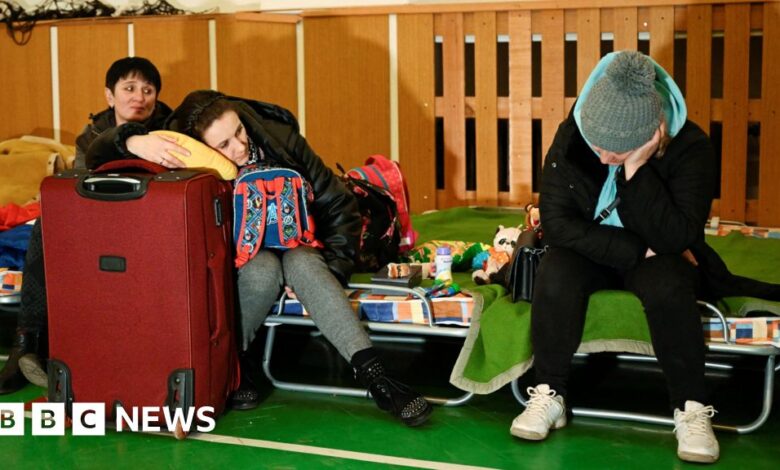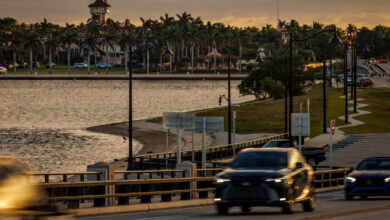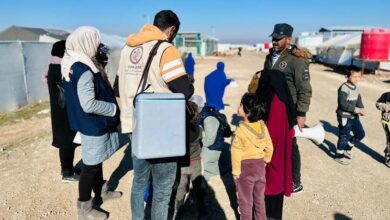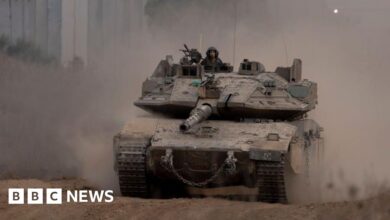Slovakia threatens to cut benefits to Ukrainian refugees in gas dispute

Slovak Prime Minister Robert Fico has threatened to cut off financial support for more than 130,000 Ukrainian refugees as the dispute with Ukraine over Russian gas supplies escalates.
On January 1, Kiev closes the pipeline for decades has been used to supply Russian natural gas to Central Europe.
Slovakia used to be the main entry point and the country now risks losing millions of euros in transit fees.
The United Nations refugee agency (UNHCR) estimates last month that there were 130,530 Ukrainian refugees in Slovakia out of a global total of 6,813,900.
Fico – who in December unexpectedly went to Moscow to hold talks with Russian President Vladimir Putin – described Kyiv’s move as “sabotage”.
The EU prime minister said he would propose suspending electricity exports to Ukraine and also “dramatically reduce” financial support for Ukrainians who have sought refuge in Slovakia.
He said there was no risk of Slovakia experiencing a gas shortage because the country had alternative arrangements.
But Fico added that Ukrainian President Volodymyr Zelensky’s decision to turn off the tap would cost Slovakia 500 million euros (£415 million; $518 million) in transit fees from other countries.
He said his party is ready to argue for “suspending electricity supply” and “significantly reducing support for Ukrainian citizens in Slovakia”.
“The only alternative for a sovereign Slovakia is to innovate the transit regime or demand compensation to replace the loss of public finances,” he added.
Last month Zelensky accused Fico of helping Putin “finance the war and weaken Ukraine”.
“Fico is drawing Slovakia into Russia’s efforts to cause more suffering for Ukrainians,” the Ukrainian president said.
Poland has offered to support Kyiv in case Slovakia cuts off electricity exports – a very important supply for Ukraine, where power plants are regularly attacked by Russia.
Poland’s government called the cuts “another victory” over Moscow while the European Commission said the EU was prepared for change and most countries could cope.
Moldova, which is not part of the EU, is facing shortages.
Russia can still send gas to Hungary, Türkiye and Serbia through the TurkStream pipeline across the Black Sea.




